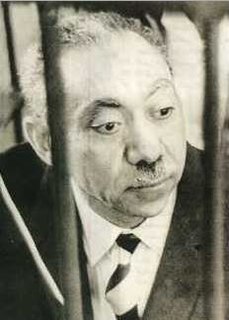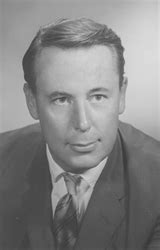A Quote by Friedrich Nietzsche
That for which we find words is something already dead in our hearts.
Related Quotes
We read to learn and to grow, to laugh, to be motivated, and to understand things we've never been exposed to. We read for strength to help us when we feel broken, discouraged or afraid. We read to find hope. We read because we're not just made up of skin and bones, and a deep need for chocolate, but we're also made up of words, words which describe our thoughts and what's hidden in our hearts.
When we form heart-centered beliefs within our bodies, in the language of physics we're creating the electrical and magnetic expression of them as waves of energy, which aren't confined to our hearts or limited by the physical barrier of our skin and bones. So clearly we're speaking to the world around us in each moment of every day through a language that has no words: the belief-waves of our hearts.
We can find true refuge within our own hearts and minds-right here, right now, in the midst of our moment-to-momen t lives. We find true refuge whenever we recognize the silent space of awareness behind all our busy doing and striving. We find refuge whenever our hearts open with tenderness and love. We find refuge whenever we connect with the innate clarity and intelligence of our true nature.
When we can't hold back, or set boundaries, on what comes from our lips, our words are in charge-not us. But we are still responsible for those words. Our words do not come from somewhere outside of us, as if we were a ventriloquist's dummy. They are the product of our hearts. Our saying, "I didn't mean that," is probably better translated, "I didn't want you to know I thought that about you." We need to take responsibility for our words. "But I tell you that men will have to give account on the day of judgment for every careless word they have spoken" (Matt. 12:36).
We are particularly thankful to you for your part in the movement to have the words under God added to our Pledge of Allegiance. These words will remind Americans that despite our great physical strength we must remain humble. They will help us keep constantly in our minds and hearts the spiritual and moral principles which alone give dignity to man.
We are in fact convinced that if we are ever to have pure knowledge of anything, we must get rid of the body and contemplate things by themselves with the soul by itself. It seems, to judge from the argument, that the wisdom which we desire and upon which we profess to have set our hearts will be attainable only when we are dead and not in our lifetime.
It is not our heads or our bodies which we must bring together, but our hearts. . . . Humanity. . . is building its composite brain beneath our eyes. May it not be that tomorrow, through the logical and biological deepening of the movement drawing it together, it will find its heart, without which the ultimate wholeness of its power of unification can never be achieved?
Do any of us, except in our dreams, truly expect to be reunited with our hearts' deepest loves, even when they leave us only for minutes, and on the most mundane of errands? No, not at all. Each time they go from our sight we in our secret hearts count them as dead. Having been given so much, we reason, how could we expect not to be brought as low as Lucifer for the staggering presumption of our love?










































